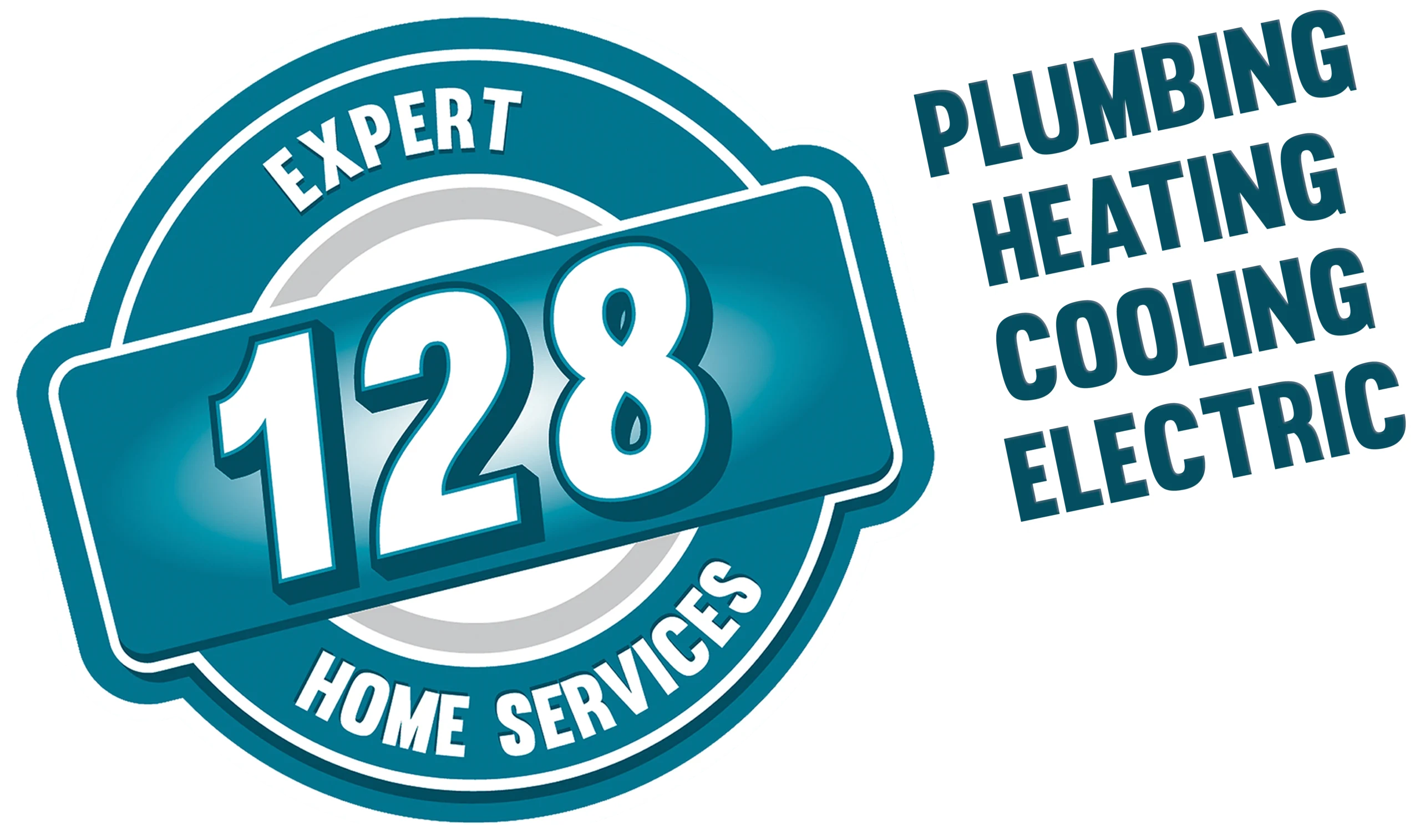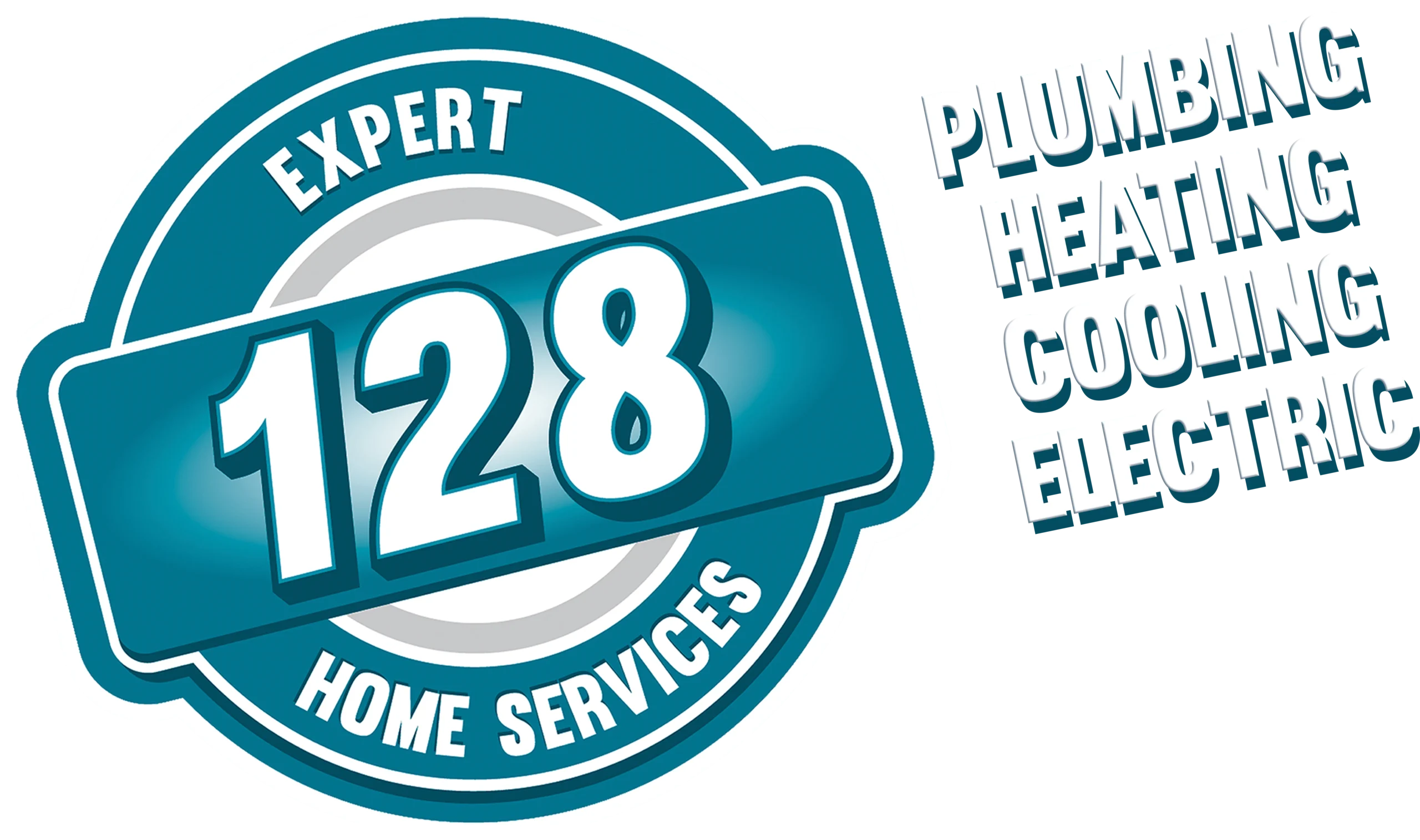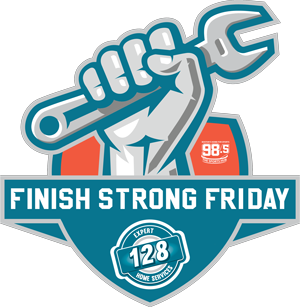For many homeowners, the boiler is the most important piece of equipment in their homes. Boilers keep your home warm and cozy in the winter, and they provide vital air circulation that’s necessary to maintain a high level of air quality.
We all know how quickly energy costs have been rising lately, though, so many homeowners are considering an upgrade to a high-efficiency boiler.
If you’re wondering whether a high-efficiency boiler is worth it, we can definitely give you the information you need. At 128 Plumbing, we’ve been doing all kind of boiler work for a long time—installing, maintaining, repairing and replacing—and we know how the energy rating system works and what the cost and return numbers are.
Here’s a breakdown of everything you need to know, along with more information about how we can help you with your high-efficiency boiler system.
The Rating System: What is a High Efficiency Boiler?
So what exactly is a high-efficiency boiler, anyway? To answer that question, let’s explain the efficiency rating system for boilers and furnaces, which is called the annual fuel efficiency rating (AFUE). It’s designed to produce a percentage number that measures the percentage of heat produced by the boiler for every dollar you spend on fuel.
The government mandates a minimum AFUE rating of 78 percent, but boiler manufacturers have to score much higher to be considered high efficiency. Most high-efficiency boilers are rated at 95 percent, and as a general rule the number needs to be 90 percent or higher to qualify as high efficiency.
Is it worth it to get a boiler with this level of energy rating? That depends. There are several factors that play into the answer to this question, so let’s examine them.
The first round of questions pertain to your existing boiler. Is it over ten years old? Have you had an HVAC tech measure the efficiency rating lately? If you’ve dropped under 85 percent, it’s definitely worth it to at least consider upgrading to a high-efficiency boiler.
You will pay more for the install, though, so that’s where tradeoffs start to enter the picture. The numbers vary according to the size of the home and the boiler you’ll need, but as a general rule it’s a four-figure investment.
The boilers themselves tend to cost more, too, although both of these numbers can vary widely depending on the type of boiler you need installed, the brand, your fuel source and the size of your home. Some homeowners balk when they hear the cost numbers, but there’s no reason to automatically do that.
The reason many people are installing high-efficiency boilers is that they usually lower their annual energy costs by 10-20 percent, and most studies show that you can recoup the cost of a high-efficiency boiler in 10 years or less.
How the 128 Plumbing Process Works
Now that you know the basic parameters and some of the numbers pertaining to high-efficiency boilers, let’s get into the specifics of how 128 Plumbing can help you make the decision.
Start with your first call. When you contact us about the possibility of purchasing a high-efficiency boiler, the first thing we’ll do is ask you questions about your home—the size, the condition and age of your existing boiler, its efficiency rating, your recent service history and so on.
Those numbers will allow us to make an initial assessment. Sometimes the decision regarding a high-efficiency boiler is simple, e.g., if you’re looking for an upgrade and you have the budget to avoid it.
But that’s usually not the case. A lot of times we’ll schedule a visit that will include an initial estimate, based on the fact that we need to see the conditions you described to us during the call.
In addition to the estimate, we’ll also make some recommendations. If your existing boiler is under ten years old and running reasonably well (i.e., with an efficiency rating of 85 percent or higher), we may recommend our maintenance or service plan to keep it in top running shape for as long as possible.
If you have an older boiler, though, we may recommend a high-efficiency boiler, especially if you have the budget for it.
We’ll also tell you about any specific factors in your home and your existing heating system that will need to be considered (e.g., the age and condition of your ductwork or radiators).
Choosing and Installing a High-Efficiency Boiler
If you do make the call to install a high-efficiency boiler, we can even be more helpful. We’ve installed thousands of these kinds of boilers in towns all over eastern Massachusetts, so we can help you select the best high-efficiency boiler for your home and heating system.
From there, we’ll give you an accurate estimate and set up the installation call. We’ll tell you exactly what we’re going to do, along with what you need to do to get ready. We’ll make the installation as simple as possible so your busy schedule isn’t disrupted. We’ll always treat your home as if it’s our own, and we guarantee the work we do, too.
During the installation, we’ll test and check everything. We’ll make sure your new high-efficiency boiler is delivering the AFUE rating you wanted when you selected it, and we’ll verify every aspect of its operation to make sure you save as much as possible.
When it comes to savings, though, there’s more. We can put you on a maintenance and service plan that will keep your new boiler running at peak efficiency, and we’ll take care of the scheduling, too.
This will also help you maintain the warranty for your new boiler, which is an important consideration that often gets overlooked.
Some of these boilers require very specific maintenance procedures performed at regular intervals, and we’ll handle those as well.
Take the Next Step. . .
Getting a high-efficiency boiler is a great way to keep your home warm and save money on your energy costs, but you need to call us to find out if it’s the right decision for you.
You can call (888) 419-4233, or you can use (781) 670-3261. We’ll answer your questions and schedule you for service.
You can also go to 128Plumbing.com and start a live chat, and we have some great blogs and articles there to help educate you about your heating system, how it works, and what you need to do to keep it running at peak efficiency.


